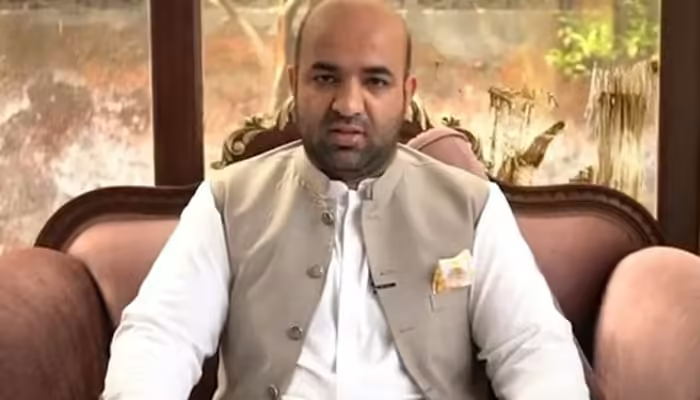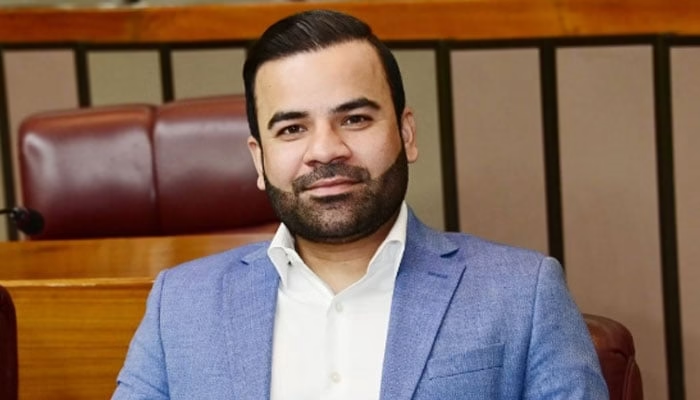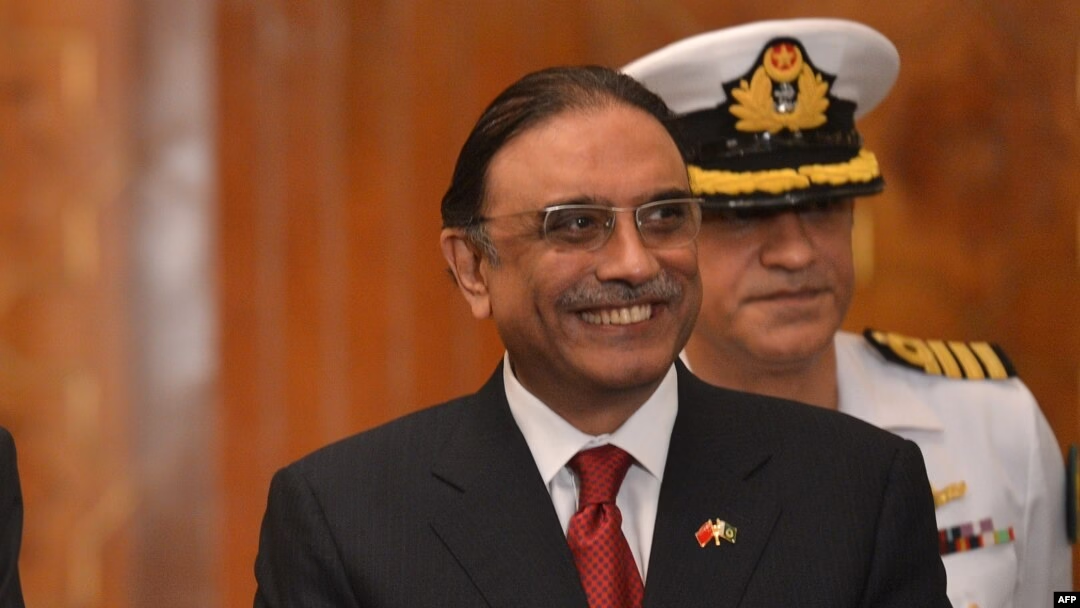Punjab Education Minister Rana Sikandar Hayat recently addressed the pressing issue of appointing permanent vice-chancellors in Punjab’s universities. During a media talk in Lahore, the minister revealed that for the past two years, universities across Punjab have been functioning without permanent vice-chancellors. He highlighted that this gap in leadership has been a significant administrative concern, delaying important decisions in the education sector.
The education minister explained that the delay was largely due to procedural hurdles, where the Governor of Punjab had to sign and approve the summary for the appointments. Minister Rana Sikandar emphasized that the summary had to be signed by the governor within 14 days. Recently, progress was made as the notification for appointing permanent vice-chancellors in seven universities was issued.
Governor’s Role in the Appointments
According to Minister Rana Sikandar Hayat, the Governor of Punjab holds a crucial role in the appointment process. He stated that if the governor wishes, the process for appointing vice-chancellors could be expedited and completed in a timely manner. This revelation puts the governor in the spotlight, emphasizing his influential role in the functioning of higher education institutions across the province.
Rana Sikandar Hayat also hinted at broader reforms in the appointment process. He suggested that new laws be introduced to allow individuals from foreign countries to apply for vice-chancellor positions in Punjab. This proposal aims to broaden the talent pool and introduce global expertise into the province’s universities. This could potentially improve the overall quality of education and bring about innovative changes in university administration.
Conflict Between Governor and Chief Minister
One of the major points of contention in this ongoing issue is the conflict between the Governor and the Chief Minister of Punjab regarding the appointment of vice-chancellors. Minister Rana Sikandar Hayat pointed out that in the past, there was a disagreement between the two authorities over the appointment process in 13 universities. The sources from the Governor’s house revealed that the governor had rejected the recommendations for the appointments and sent them back, causing further delays.
However, in the first phase of the appointments, the Chief Minister approved the vice-chancellors for seven out of the 13 universities, and the notification for these positions was issued without the Governor’s approval. This step was seen as a significant move by the Chief Minister to resolve the leadership void in these universities and ensure that higher education institutions can function smoothly.
Need for Structural Reforms
Minister Rana Sikandar Hayat emphasized the need for comprehensive reforms in the higher education sector to ensure that universities are governed effectively. He pointed out that while the governor has powers to appoint vice-chancellors, the current process has been slow and often leads to unnecessary delays. The education minister suggested that a more streamlined process be developed to prevent such delays in the future.
The minister also discussed the need for a better balance of power between the governor and the chief minister when it comes to university appointments. He cited the example of Sindh, where the Chief Minister serves as the vice-chancellor of all universities, highlighting that a more centralized system could help avoid delays caused by political disagreements.
The ongoing struggle between the Governor’s office and the Chief Minister has raised questions about the governance of Punjab’s educational institutions and how best to ensure that leadership appointments are made in a timely and efficient manner.
The appointment of permanent vice-chancellors is a critical issue for the smooth functioning of Punjab’s universities. Minister Rana Sikandar Hayat’s statements shed light on the ongoing challenges and political disagreements that have hindered the process. However, with recent progress in the appointment of vice-chancellors in seven universities, it appears that the issue is beginning to move toward resolution.
The minister’s call for reforms and the potential involvement of international candidates in the vice-chancellorships could mark a turning point for the education sector in Punjab. Moving forward, it remains essential for the governor and the chief minister to work collaboratively to ensure that Punjab’s universities are led by capable and competent individuals who can elevate the standard of higher education in the province.



